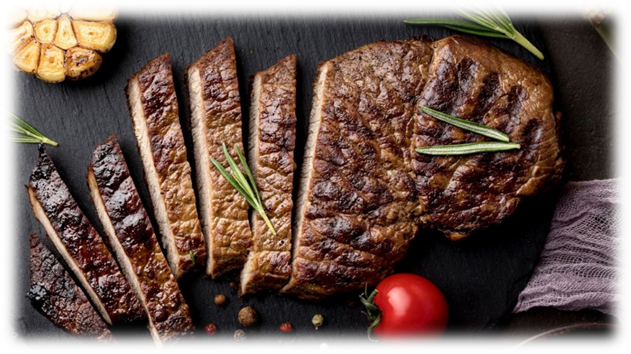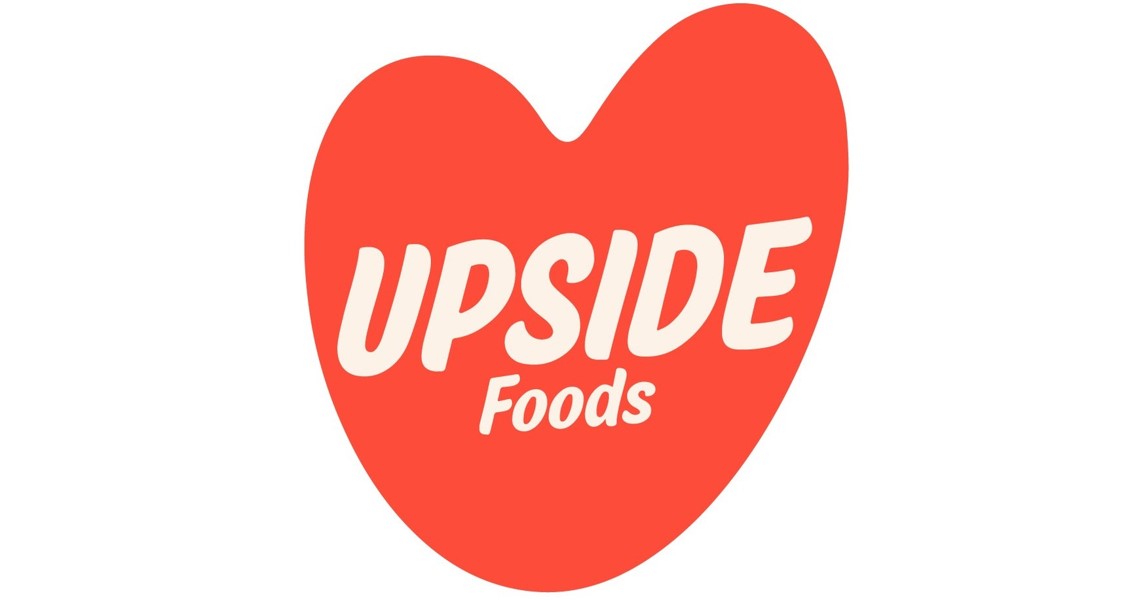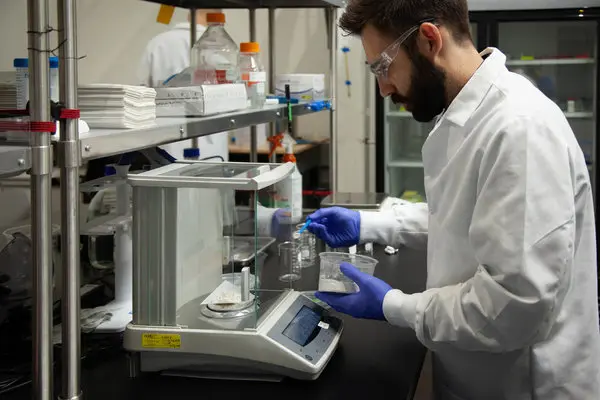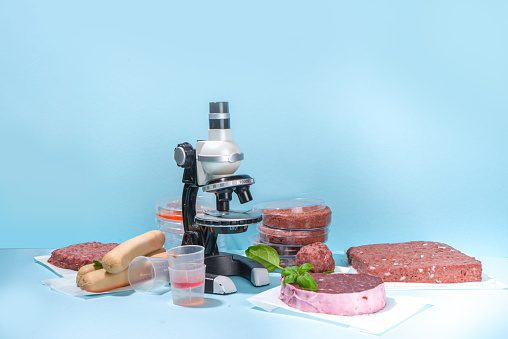by CHARLOTTE POINTING AND TANYA FLINK
What is the difference between vegan cream cheese and conventional? And what are the best dairy-free brands to try? We’ve got all that and more in this guide.
For something so simple, dairy-free cream cheese has become a behemoth of a topic. Some prefer a layer so thin it’s practically translucent while others prefer a two-to-one ratio of bagel to cream cheese. Then there are the flavors—plain, everything, chive, lox, cinnamon raisin (don’t @ us for that last one—it exists, even if you don’t like it). Whether searching for the best dairy-free cream cheese for bagels or for desserts, use this guide to navigate through the swirly, luscious wonders of a vegan schmear.
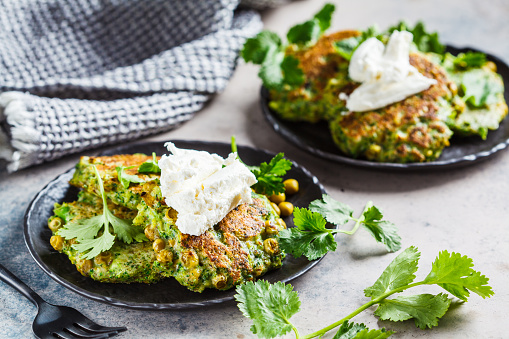
What is dairy-free cream cheese?
To clarify, when we refer to “dairy-free cream cheese,” we’re also referring to vegan cream cheese. We’ve yet to come across a dairy-free cream cheese that wasn’t vegan, largely due to the fact that other animal ingredients typically are not used to make the basic schmear. Packaged cream cheese is made of pasteurized whole milk, salt, carob bean gum (a thickener, stabilizer, and emulsifier), and cheese cultures. Most homemade vegan cream cheese recipes substitute the cultures for an acid, such as lemon juice, to curdle the dairy-free base.
To make a vegan version of a traditional cow milk-dependent product, a few extra ingredients are needed. Different companies rely on different foods and techniques to attain that thick texture and mildly tart taste. Tofutti, for example, uses soy, an oil blend, and non-dairy lactic acid; more recent vegan cream cheese innovators such as Miyoko’s Creamery rely on cashews, coconut cream, and vegan cultures. One day, it might even be made from precision fermentation, an emerging technique that’s slowly making its way into the vegan food space. Only time will tell.
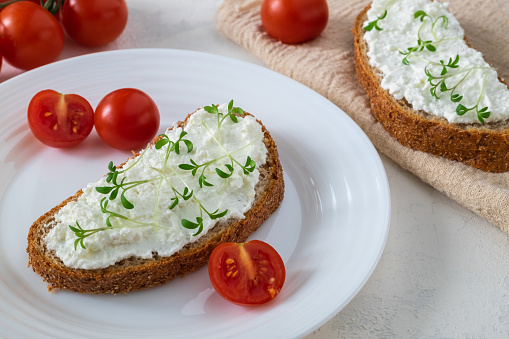
There’s a seemingly infinite number of ways to make it, but the general rule of thumb is the emulsification of fat, liquid, salt, and cultures, sometimes with the addition of a stabilizer.
Is dairy-free cream cheese healthy?
While the ingredients for dairy-free cream cheese vary, the nutrition label across brands looks similar. Vegan or not, cream cheese is calorically-dense and high in fat, and “healthy” is a relative term. Because it does not use cow’s milk, it does not contain trans fat and tends to be lower in saturated fat than an animal-based schmear. Too much saturated fat is associated with higher levels of low-density lipoprotein (LDL), also known as “bad” cholesterol. High LDL levels can increase the risk of heart disease, according to the American Heart Association.
The healthfulness of vegan cream cheese varies from brand to brand. If saturated fat is a concern, keep an eye out for coconut oil-based vegan cream cheeses. Coconut oil is about 90 percent saturated fat.
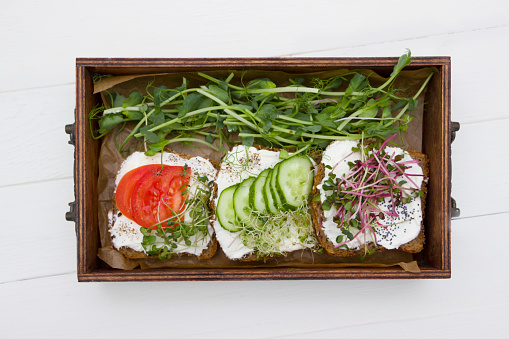
If you’re looking for one that’s on the better-for-you side, avoid the dairy-free varieties made from oil and stick to the ones made from whole food ingredients like nuts, seeds, or even beans. That’s not to say that oil-based vegan cream cheeses are bad for you. Oil can be a healthy part of your diet when consumed in moderation.
** Click here to read the full-text **





